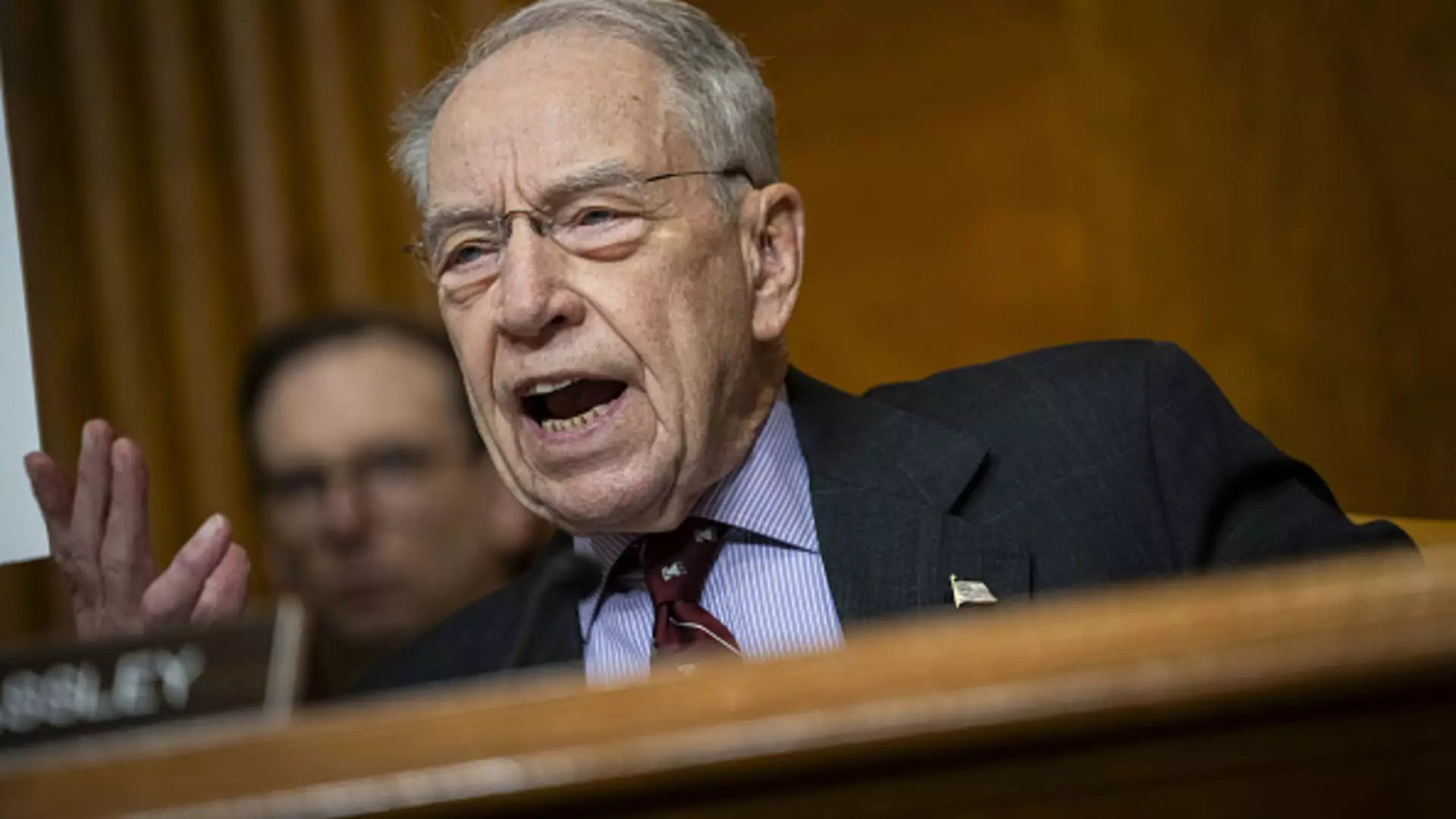As Congress grapples with the decision on trillions in expiring tax breaks, a Senate Budget Committee hearing saw lawmakers and experts debating several Democratic proposals for higher taxes on corporations and wealthy Americans. The proponents of these plans argue that they aim to address income inequality and the federal budget deficit. Key points of discussion included scrutinizing the corporate tax rate, stock buybacks, capital gains tax rates, and levies on profits for private equity and hedge fund managers – known as carried interest. Additionally, the debate revolved around taxes on unrealized gains and other proposals.
Joseph Stiglitz, a professor of economics at Columbia University, emphasized in his prepared testimony that higher taxes on corporations and the wealthy would lead to “a more equitable tax system which generates substantially more revenue and promotes growth.” However, despite the support for these proposals, some key initiatives like carried interest reform have failed to gain broad support, even among Democrats. Senator Chuck Grassley of Iowa noted that reforms to carried interest were initially part of the Inflation Reduction Act but were eventually removed before the bill passed in the Senate. On the other hand, Senator Mitt Romney of Utah raised concerns that most of the proposed tax increases discussed in the hearing could have unintended consequences for the economy.
President Biden’s Position
President Joe Biden has also advocated for higher taxes on the wealthy and corporations, suggesting that these taxes could help fund an extension of expiring tax breaks for filers earning less than $400,000. The Tax Cuts and Jobs Act of 2017, enacted during the tenure of former President Donald Trump, included provisions such as lower federal income brackets, an increased standard deduction, and a doubled estate and gift tax exemption. However, without any action from Congress, more than 60% of filers are expected to face higher taxes after 2025 once the TCJA provisions expire, according to the Tax Foundation.
While a full extension of expiring provisions could be costly and add an estimated $4.6 trillion to the deficit over the next decade, as reported by the Congressional Budget Office in May, there is still uncertainty regarding the future of tax policy. Former President Trump, who has not disclosed many tax policy proposals during his presidential campaign, has shown interest in extending expiring TCJA provisions. Ultimately, the fate of these proposals rests on which party controls Congress and the White House in the future. The ongoing debate over higher taxes on corporations and the wealthy reflects a broader discussion on income inequality, federal budget deficits, and the overall tax system in the United States.

